As a student on the University of North Georgia’s Dahlonega campus, it is not uncommon to have heard rumors from civilian students indicating that, despite making up less than 10% of the student body, cadets are responsible for a substantial proportion of crimes committed on campus as defined in the Annual Security & Fire Safety Reports.
“Staying away from cadets is one of the first things I heard from other girls when I came to UNG,” says Marita Malouf a sophomore biology major. She said, “it’s a common conversation at UNG that cadets are individuals to be careful around especially if you are a female.”

According to Col. Joseph Matthews (Ret.), commandant of cadets, members of the Corps “wear a cadet uniform daily on campus so they are more visible… which sometimes leads to more scrutiny.” Consequently, cadets may be more likely to be subjected to allegations from civilian students who may not be aware of the different set of standards to which members of the Corps are held.
Matthews says the Office of the Commandant of Cadets is unaware of rumors about the alleged cadet criminal activity. Matthews says this is the first time this has been brought to his attention and he believes “the rumors are false.”

Matthews described the various “levels of teaching, coaching and mentoring throughout a cadet’s experience… which assists him or her in developing ethical behavior and good decision-making skills.” Specifically, cadets are bound to the principles outlined in UNG’s Honor Code, along with the Blue Book and Policy Letters issued by the Commandant of Cadets which seek to develop cadets’ “character through military training and regulation of conduct according to military discipline.” Matthews says this guidance method can lower the likelihood of cadets engaging in criminal behavior.
Within the Office of the Commandant of Cadets and the Cadet Chain of Command, there is a distinction between a violation of a Blue Book or Military Policy and a reportable crime. Some non-cadet students maintain that members of the Corps present a higher threat to their safety on campus. Matthews says this perceived threat is partially the result of the way in which the Dahlonega campus segregates cadet and civilian students from residence halls to requisite courses for cadets only.
Cadet Hayden Pike, a junior criminal justice major says he is not aware of the rumors, yet they do not surprise him. “I’ve heard of a few stories about cadets doing stupid things while drunk,” says Pike. He feels the reason why cadets may act out is due to the restricted lifestyle they have. Pike says, “cadets are so restricted compared to their peers and they haven’t had an opportunity to be an adult yet due to being ‘parented’ by the Corps.” Pike feels that the Corps. could do a better job at disciplining those who do act wrongly. A typical punishment according to Pike is not being allowed to leave campus for a few weeks which he says “means sneaking out” instead. “As far as the Corps. working to prevent things like this from happening, I would say they aren’t doing a great job,” says Pike including that cadets are given a briefing each semester on what not to do.
For civilian students on the Dahlonega campus, it can be difficult to understand or sympathize with cadets because, due to the nature of the cadet program, cadets and civilians are separated. Matthews says he thinks this lack of unity has created a negative connotation surrounding members of the Corps, which has led to misguided preconceived notions about cadets.
Greg Williams, director of public safety and chief of UNG police, was contacted for this story and did not give a comment other than to refer to the annual security and fire safety.












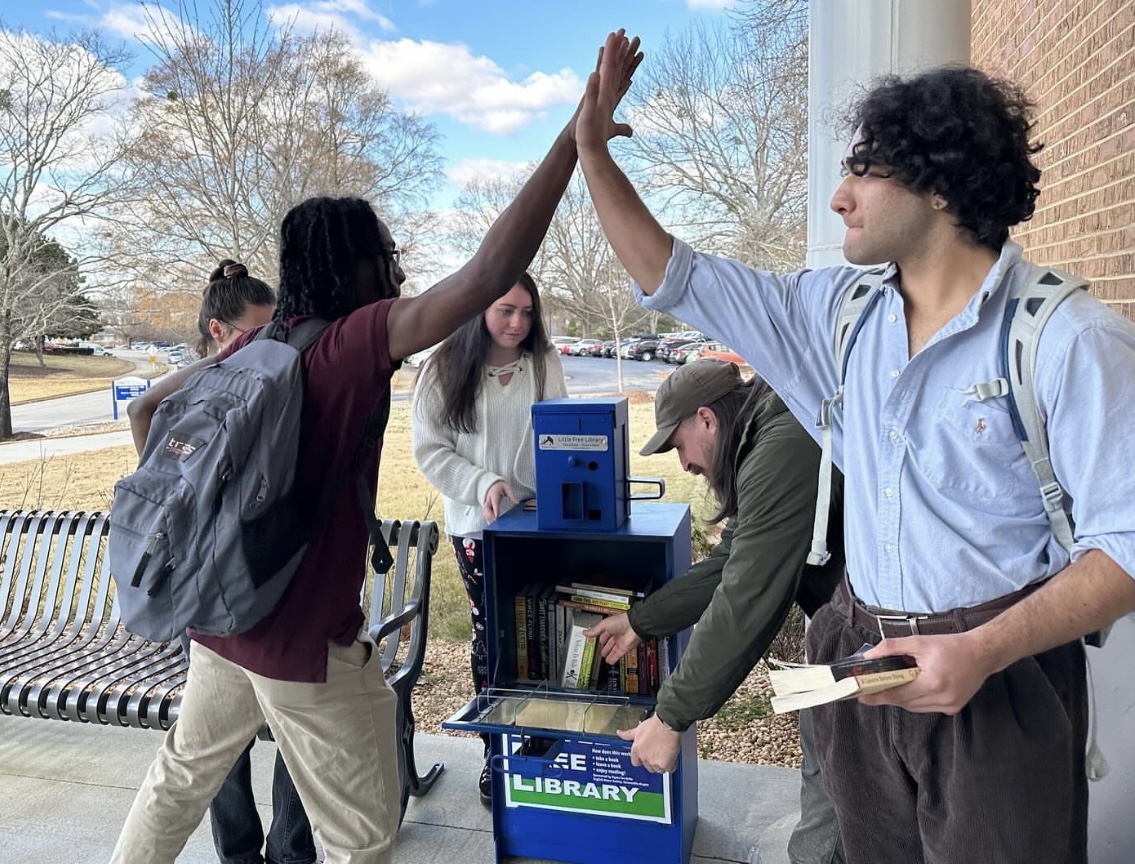
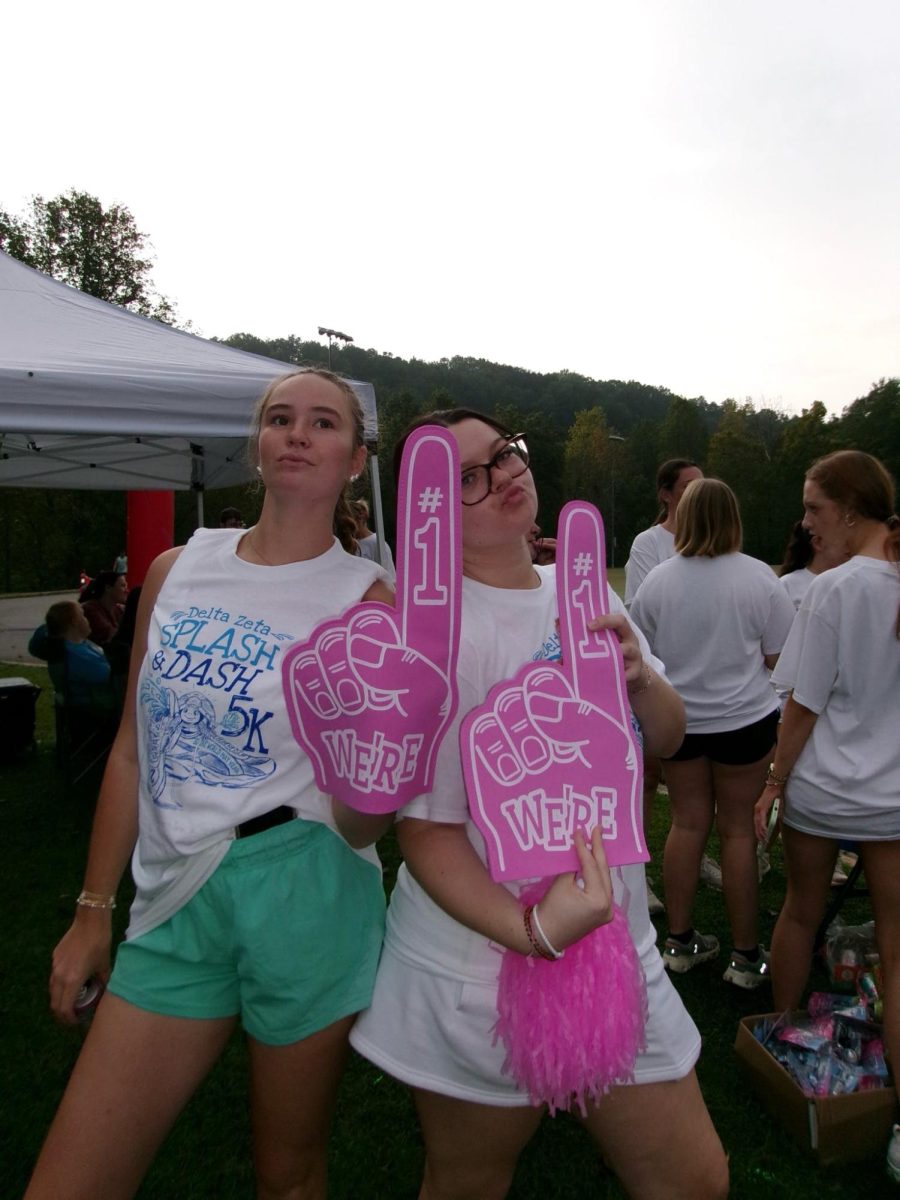








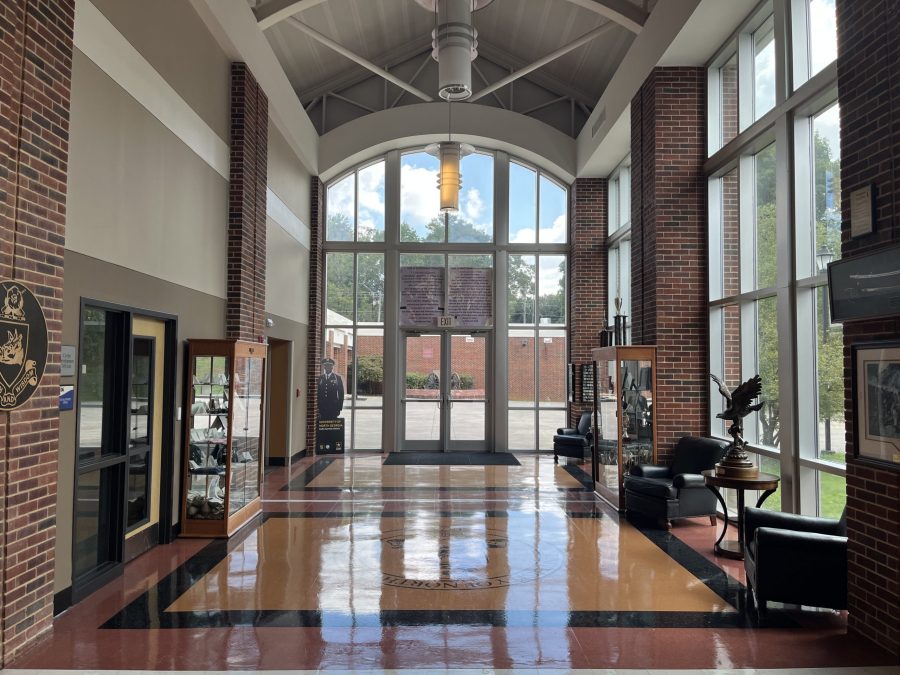
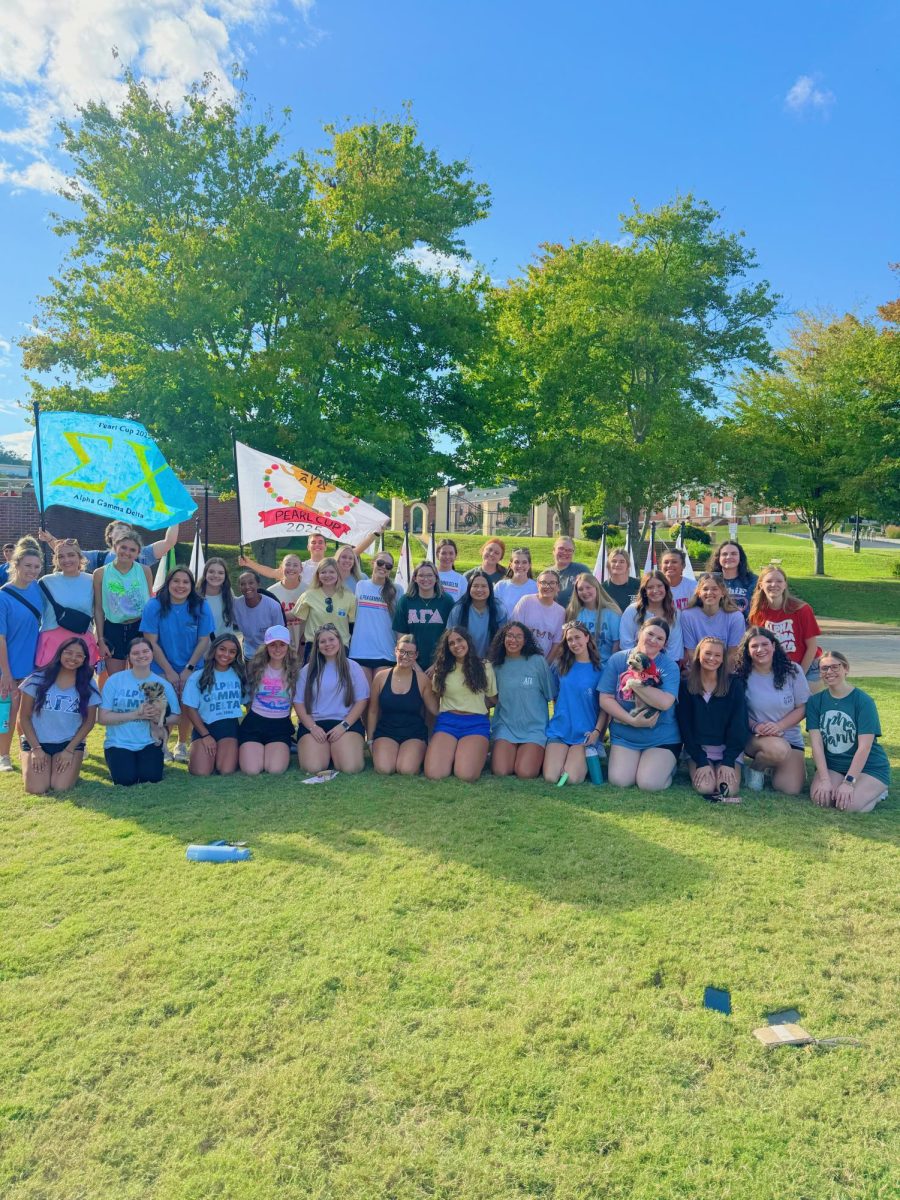
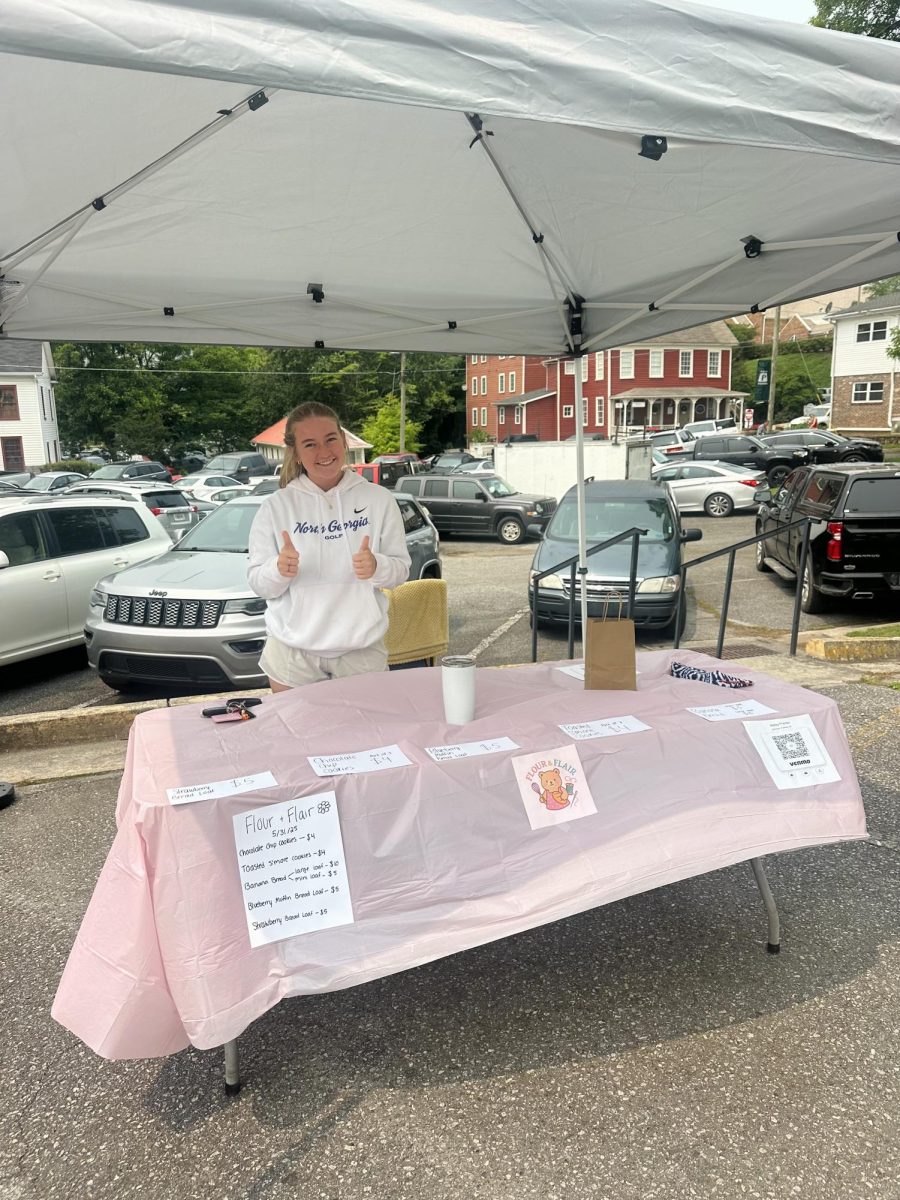
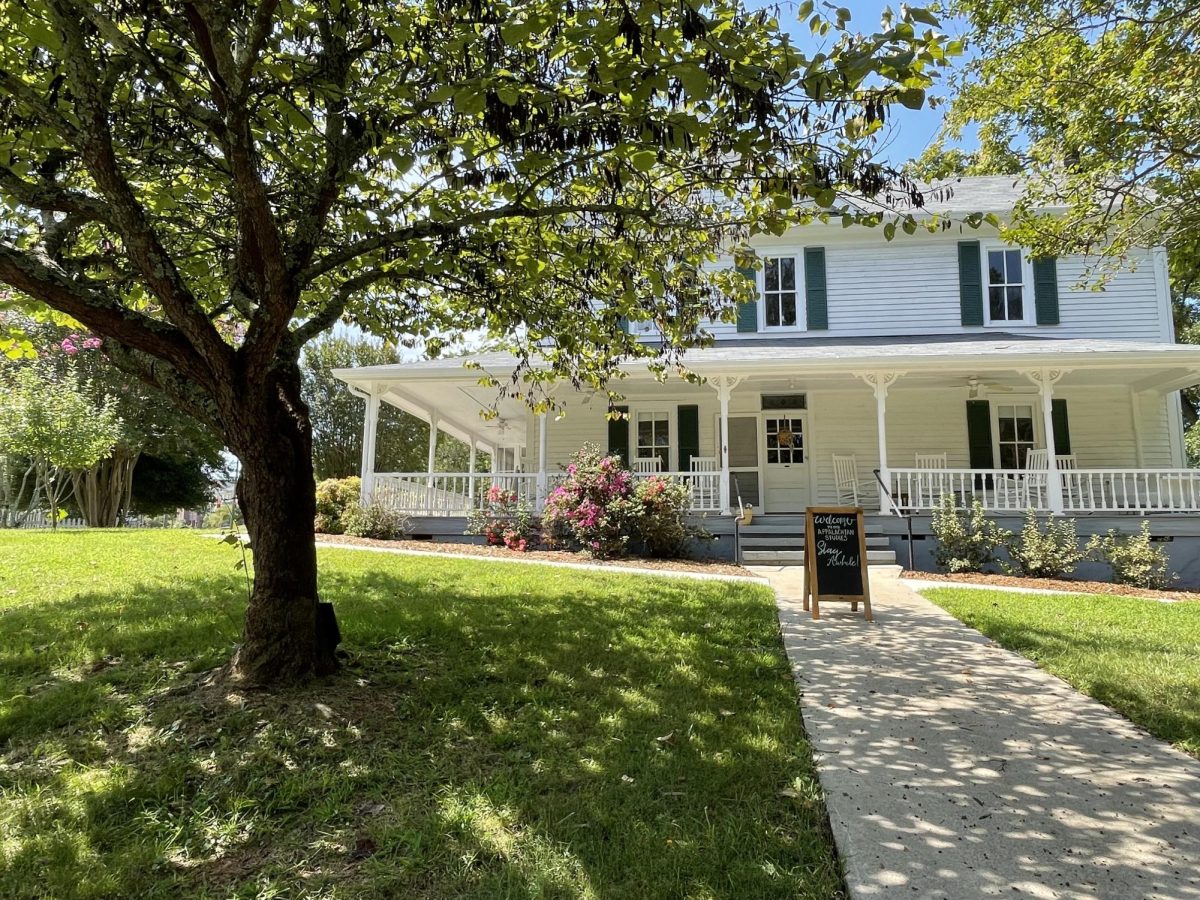

Emil Palmer • Oct 8, 2022 at 11:52 am
A fair, well written article reporting on the concerns of attending students and assuaging them with interview and explanation from reliable sources. The article is careful to not perpetuate unfounded claims, only bring cadets awareness to rumors among civilian peers.
Madison Roberts • Oct 6, 2022 at 1:34 pm
As a cadet who was originally a civilian for their freshman and sophomore years. It is shocking to hear about these misunderstandings about our program and the cadets within. Yes, the corps and civilian life are way different and “segregated”, but we have resources for people who are curious to where civilians could live in the barracks for a week to feel out what life is like for us. Or you could ask any of us questions about anything to have a better understanding. We want people to ask us so these misconceptions are not created. This campus was originally a Senior Military College, and then they started to allow civilians, there are customs we try to uphold that date from the very beginning that sometimes we don’t even get but want to keep it alive. It all boils down to the end of the day to where we are all the same, and all the rumors that are suggested in this article can contain to anyone, not just the corps. People just hear about it more because we are held to a higher standard, however, when someone in the corps gets caught or performs misconduct, they are correctly adjusted. These corrective actions are stated in this article where they are on room and uniform restrictions, walking tours (walking in a triangle with a rifle for how many hours they are assigned), or in severe cases, kicked out. It’s easy to paint a bad face on the corps because we are a big part of the campus and one cohesive team, but we are all just students too.
Benjamin McKey • Oct 6, 2022 at 8:43 am
What are the statistics behind “cadets are responsible for a substantial proportion of crimes…”? Where is the evidence to support that claim? A critical concept in statistics is that “correlation does not imply causation”. Cadets are held to a higher standard and are under much more scrutiny than civilians. Per example cadets cannot drink in the barracks and if caught underage drinking, they are immediately reported to police. This article does not go into any specific detail on the crimes being committed. Are they violent or nonviolent crimes? Do cadets commit more nonviolent crimes because they are held accountable for their actions? Instead of writing a hit piece on the corps, you should further develop your argument and explain why it may or may not be true. This is not journalism and does not reflect the expectations of a journalist. This article needs to be labeled as an opinion piece because it does not use any evidence at all.
Cadet- McKey
Cadets that comment on this article need to be respectful, despite being portrayed as violent and criminal minded.
Heidi • Oct 6, 2022 at 8:08 am
Interesting article, however, it fails to detail “crimes” that cadets are responsible for. As a woman in the corps, I’ve never felt unsafe around other cadets. In fact, I probably feel safer. Cadets and civilians are separated a lot of the time because we simply are not held to the same standards. We’re being trained for the military to serve our country, obviously discipline starts now so it makes sense our rules are different.
Noah Stapp • Oct 5, 2022 at 11:08 pm
I’d be very interested to know what crimes are being discussed and what the “substantial number of crimes” means in numbers. I agree that cadets are living in conditions that are very different from regular students, but I have yet to hear of cadets being arrested at a higher rate.
It’s also not true that being careful around cadets is a “common conversation”. Yes, cadets are weird. We wear costumes and do strange ceremonies at night. But the idea that it’s common for women to be afraid that cadets will assault or rape them (or whatever is being implied) is ridiculous and extremely derogatory. My sister is a UNG residential junior and has never once been given this talk or met anybody that has thought this. Neither have I.
Evidence is fact, but rumors are rumors…
(Good article otherwise, though. I agree there is a divide between students on campus and that the Corps has problems fixing behavior)
Jade • Oct 5, 2022 at 7:14 pm
The negative stigma around cadets I feel is a lot to do in part that most of us are mandatory reporters. Cadets in leadership roles must report behavior unbecoming of a cadet, and if they fail to do so then they can possibly face disciplinary action as well. This ranges from vaping to alcohol to sexual assault. As a segregated minority on campus of course people like to talk and are curious as to what goes on within the corps, so there is a ton of gossip. For the civilians out there, I’d like to ask how many times have you witnessed a drunken roommate, someone smoking weed, or a creepy resident on your hall? Our experiences are no different from yours, but we as leaders in the corps do not tolerate it. So instead of labeling us as “dangerous”, maybe reflect on times where you could of stepped in and prevented something bad from happening. And that’s all I have to say about that.
Jasmine Valentine • Oct 5, 2022 at 4:21 pm
As a 4th year cadet at UNG, this is shocking. I would love to know about this alleged crimes. No lie, I was at a bible study outing, and one girl told a freshman “if you’re gonna date, stay away from the corps!” Then she looked at me and said “no offense.” Like…? I agree that we are babysat on many occasions which could indeed be argued that may be why cadets misbehave, but I have no clue what “crimes” are being talked about. Great story tho! I was hooked.